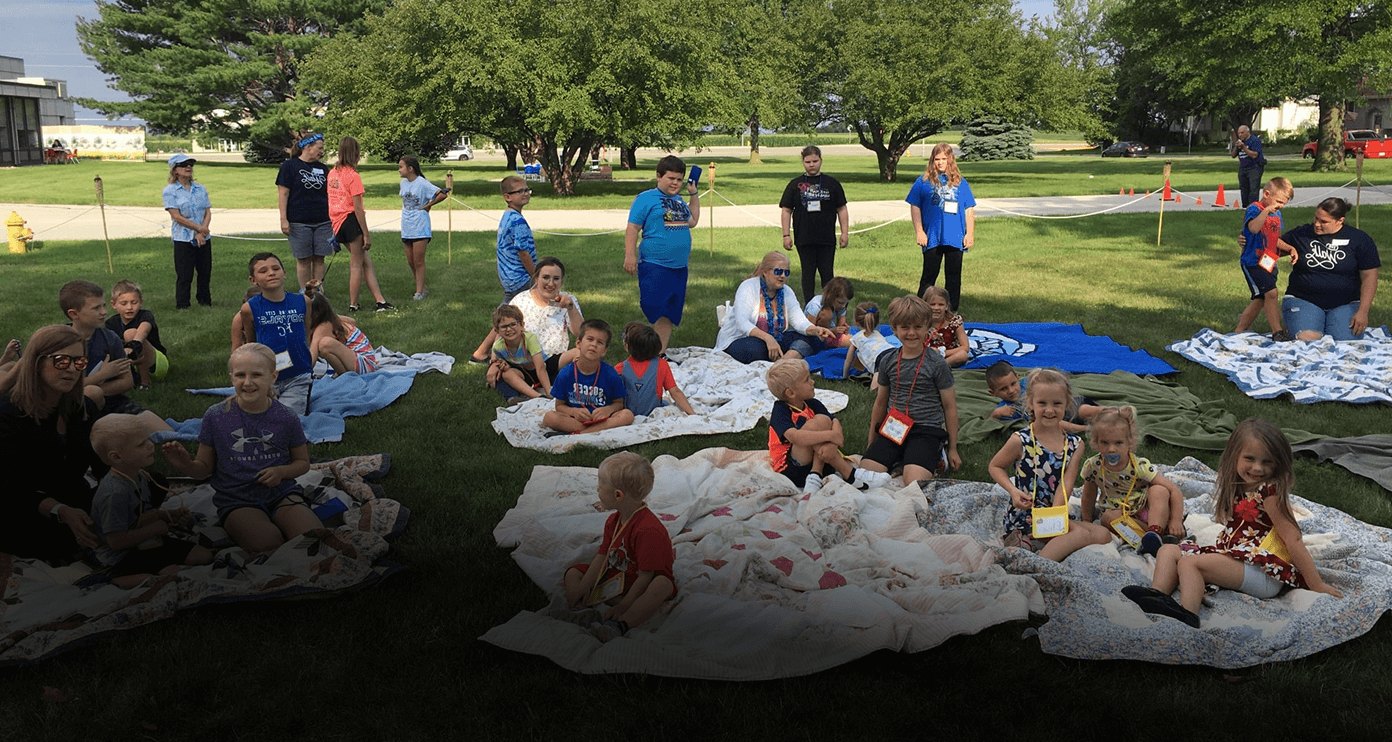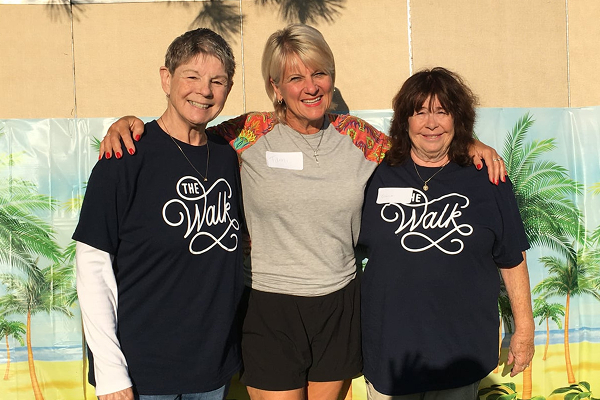
Our Faith Tradition
Who are United Methodist
Discover the heart of United Methodist faith, our core beliefs, and what it means to be part of our global Methodist family.
The United Methodist Church
A Global Community of Faith

Our Core Beliefs & Values
What We Stand For
The foundation of our faith and practice
Grace for All
We believe that God's grace is available to all people, regardless of their background or circumstances. Salvation is a free gift from God that we accept through faith.
Open Hearts, Open Minds, Open Doors
Our motto reflects our commitment to being welcoming and inclusive, encouraging thoughtful faith, and creating accessible communities for all people.
Social Justice
Following Jesus' example, we are called to work for justice, peace, and the healing of the world. Faith must be put into action through service to others.
Personal and Social Holiness
We strive for both personal spiritual growth and active engagement in making the world more just and compassionate.
Scripture, Tradition, Reason, and Experience
Our Wesleyan heritage emphasizes these four sources of religious authority, known as the Wesleyan Quadrilateral, in understanding God's will.
Connectionalism
We are connected as a global church, supporting one another through shared ministry, mission, and mutual accountability.
Frequently Asked Questions
Understanding United Methodist Faith
Common questions about our beliefs and practices
